Results
-
 £112.00
£112.00March Slav (Brass Band - Score and Parts) - Tchaikovsky, Peter Ilyich - Wilkinson, Keith M.
March Slav was composed in 1876 for a charity concert to support the war in the Balkans. It was completed in the remarkably short time of 5 days and was encored twice at its first performance! The themes are based loosely on Serbian folk songs and there is also a reference to the Russian national anthem. The mood is funereal in style at the opening but this gives way to a very triumphant style by the end.This arrangement was prepared for the 2007 Summer concerts of Brass Band of the Western Reserve, musical director Dr Keith M Wilkinson (www.bbwesternreserve.org). It has been recorded by BBWR on the CD Slides Rule!
Estimated dispatch 7-14 working days
-
 £34.95
£34.95Reflections In Nature (Brass Band - Score and Parts) - Redhead, Robert
Based on the popular song 'When Jesus looked o'er Galilee', and featuring the beautiful tune 'Fewster,' Robert Redhead recreates the beauty and majesty of the shores of Galilee in Biblical days.
Estimated dispatch 7-14 working days
-
 £17.50
£17.50Reflections In Nature (Brass Band - Score only) - Redhead, Robert
Based on the popular song 'When Jesus looked o'er Galilee', and featuring the beautiful tune 'Fewster,' Robert Redhead recreates the beauty and majesty of the shores of Galilee in Biblical days.
Estimated dispatch 7-14 working days
-
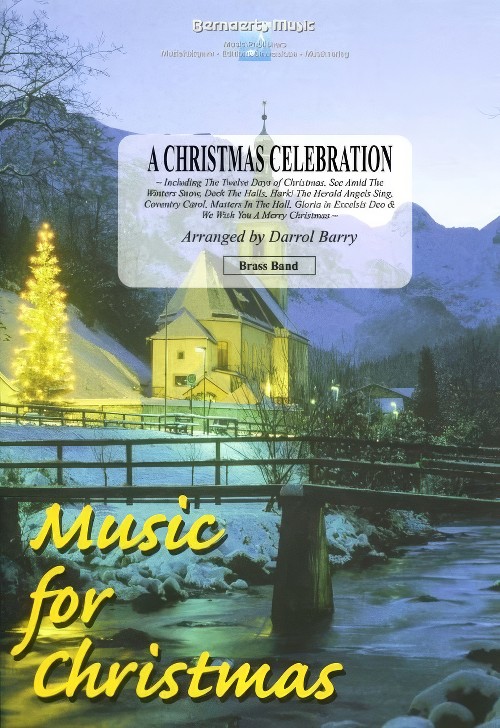 £54.99
£54.99A Christmas Celebration (Brass Band - Score and Parts) - Barry, Darrol
Includes: The Twelve Days of Christmas; See Amid the Winters Snow; Deck the Halls; Hark! The Herald Angels Sing; Coventry Carol; Masters in the Hall; Gloria in Excelsis Deo; We Wish You a Merry Christmas. Duration: 3.30
Estimated dispatch 7-14 working days
-
 £76.99
£76.99American Overture (Brass Band - Score and Parts) - Hirose, Hayato
Hayato Hirose spent his childhood and college days in the United States and it was his impressions and experiences from these years that acted as the inspiration for this exciting 'American style' overture. American Overture will make an ideal opening piece to any concert.
Estimated dispatch 7-14 working days
-
 £59.99
£59.99Panis Angelicus (Brass Band - Score and Parts) - Franck, Cesar - Sparke, Philip
Although Cesar Franck won many prizes during his student days his music was generally unrecognised by his contemporaries. His pieces were written in the romantic style whilst retaining a classical structure and his later compositions were referred to as 'cathedrals of sound'. Panis Angelicus is poetic and almost serene and this arrangement by Philip Sparke retains all of the beauty of the original.Duration: 3:20
Estimated dispatch 7-14 working days
-
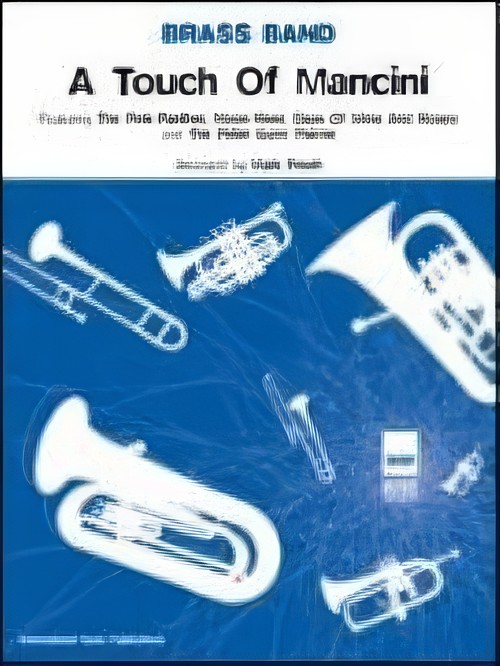 £45.00
£45.00A Touch of Mancini (Brass Band - Score and Parts) - Mancini, Henry - Freeh, Mark
A Touch of Mancini celebrates the music of Henry Mancini (1924-1994), the Academy Award winning American composer, conductor and arranger best remembered as a composer of film and television scores. This medley features The Pink Panther Theme, Moon River, Days of Wine and Roses and The Peter Gunn Theme (as featured in The Blues Brothers).Suitable for Advanced Youth/3rd Section Bands and aboveDuration: 4.00
Estimated dispatch 7-14 working days
-
 £74.99
£74.99Brilliant Beatles (Brass Band - Score and Parts) - Schaars, Peter Kleine
There have been many arrangements of Beatles' songs for various kinds of ensembles, so rather than just producing a further medley of Beatles' hits, Peter Kleine Schaars has added a new twist to them with this excellent new work. All You Need Is Love and With a Little Help from my Friends pass by in a swing march, Michelle sounds like a newly composed ballad and When I'm Sixty Four is played in Dixie swing style. A Hard Day's Night is transformed into a funk theme with a samba interlude, Let It Be into a slow march, and Ob-La-Di, Ob-La-Da in a rock beat. Experience The Beatles as you have never heard them before.Duration: 7:00.
Estimated dispatch 7-14 working days
-
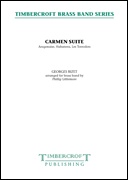 £45.00
£45.00Carmen Suite (Brass Band - Score and Parts) - Bizet, Georges - Littlemore, Phillip
Incredible as it seems today, Bizet's opera?Carmen?was met with a lukewarm reception at its premiere at the Paris Opera-Comique in 1875; critics condemned its subject matter as lurid and its music overly Wagnerian, and it ran for a mere 37 performances. Bizet died with a few days of it opening at the tragically early age of just thirty-six. Now hailed as the composer's supreme achievement, this colourful, passionate work continues to delight listeners around the world with its emotional, atmospheric music and the originality of its conception. Two orchestral suites were created in the latter part of the 19th Century each containing six pieces. This brass band arrangement brings together three of these pieces, the?Aragonaise, the Habanera?and?Les Toreadors. Duration: 7:00
Estimated dispatch 7-14 working days
-
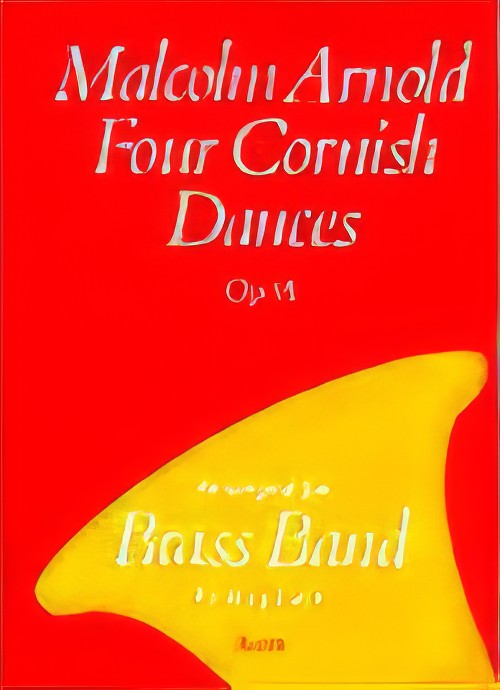 £45.00
£45.00Four Cornish Dances Op.91 (Brass Band - Score and Parts) - Arnold, Malcolm - Farr, Ray
Ray Farr's arrangement of Malcolm Arnold's suite Four Cornish Dances brilliantly retains the atmosphere of the orchestral original with its evocation of Cornish sea-farers, of deserted tin mines, of marching bands, Methodism, May Days and Moody and Sankey hymns.Suitable for 1st Section Bands and aboveDuration: 10.00
Estimated dispatch 7-14 working days
